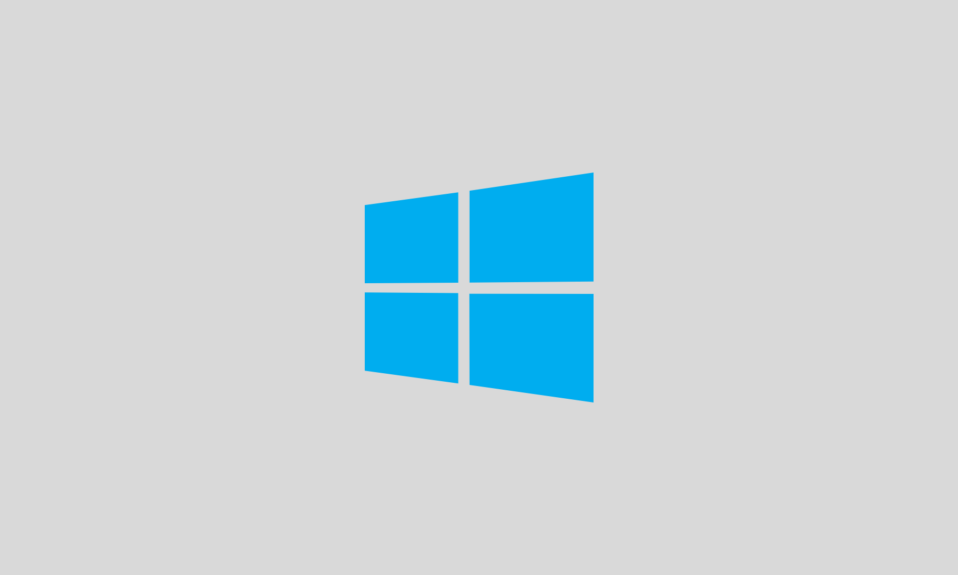Artificial intelligence (AI) has the immense potential to revolutionize the way we interact with our computers and devices, and Microsoft is positioning itself at the forefront of this technological shift. In a recent interview, Microsoft’s Windows boss, Panos Panay, stated that AI would fundamentally change the way we use Windows, allowing us to do everything in a more efficient and intuitive manner.
impressive demo from @sbathiche and @panos_panay of the latest Windows 11 Voice Focus feature on ARM-based devices. It completely wipes out background noise. Yes Nvidia, Discord, and others can do this, but this uses 0% of your GPU and CPU pic.twitter.com/xppsxsttnc
— Tom Warren (@tomwarren) October 13, 2022
AMD recently unveiled its new Ryzen 7000 mobile CPUs, stating that they are the first x86 processors to include a dedicated AI engine and that this engine is 20 percent quicker than the one found in Apple’s M2-equipped MacBooks.
In fact, we’ve already seen Windows use AI processing on an ARM chip for another interesting Windows Studio Effect, which is to cancel out background noise during a call. Perhaps Windows gadgets will be able to perform tasks that Microsoft’s ARM-based Surfaces so far have only been able to imagine.
This AI technology allows computers to understand and respond to human language, making it easier for users to communicate with their devices using simple commands and questions. This could be particularly useful for tasks such as searching for files, sending emails, and accessing information online.
It also allows computers to analyze large amounts of data and learn from it, enabling them to make more accurate predictions and recommendations. AI can also improve the accessibility of Windows for users with disabilities.
AI could also be used to develop new assistive technologies, such as speech-to-text and text-to-speech software, which could help individuals with vision impairments or other disabilities to interact with their devices more easily.
Overall, it’s clear that AI has the potential to significantly enhance the Windows experience for users. By enabling more intuitive and efficient ways of interacting with our devices, AI has the potential to transform how we work, communicate, and access information. As Microsoft continues to invest in AI research and development, we can expect to see even more innovative and exciting ways in which this technology will be integrated into the Windows platform in the future.





